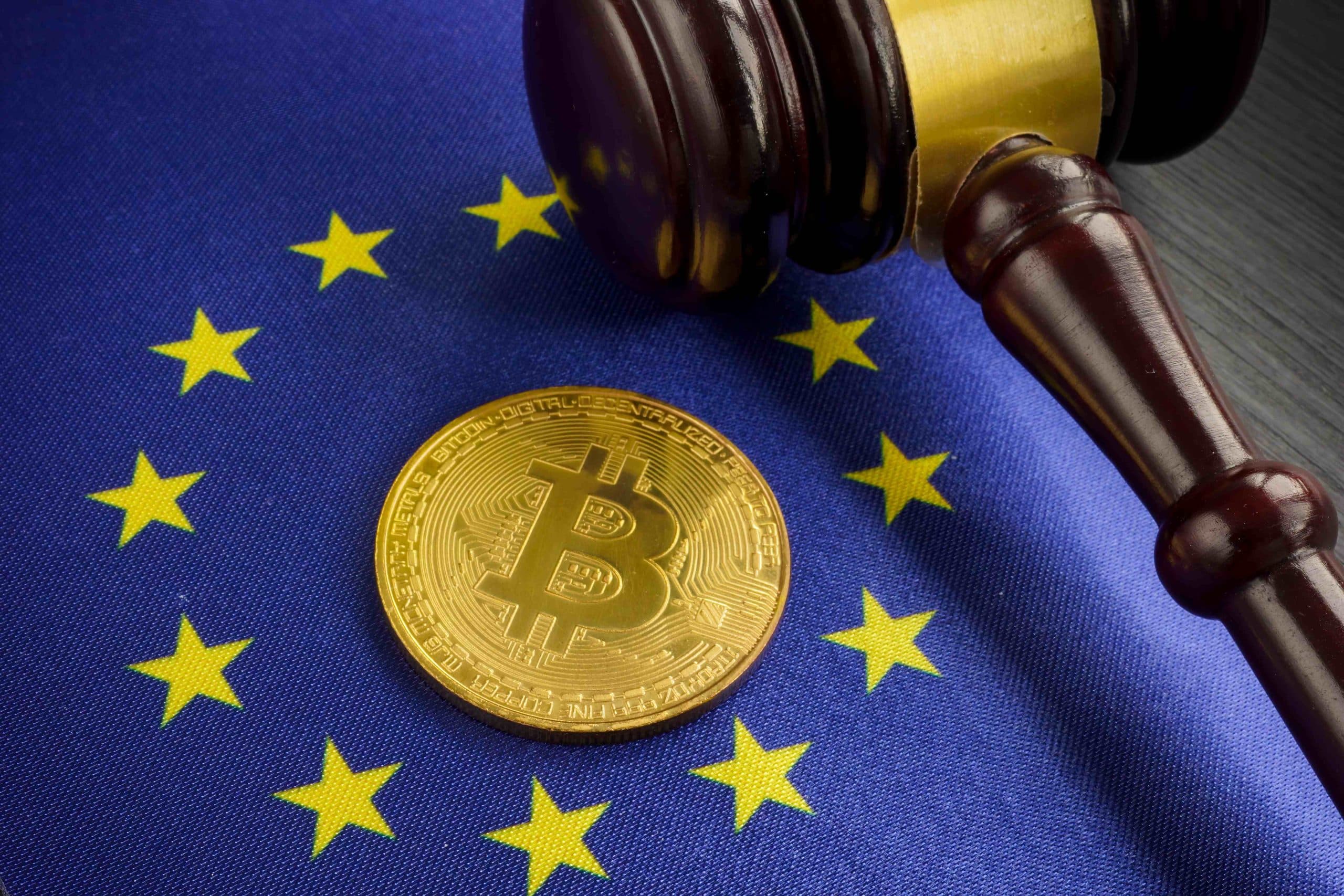
European Union officials reached an agreement on December 12 on new crypto regulations that will grant member states expanded powers to freeze and confiscate assets suspected of being tied to criminal activities.
The rules, which still need final approval from EU institutions, would establish mandatory procedures across the bloc for identifying, tracing, freezing, managing, and confiscating property and funds deemed to be the proceeds of crime, according to the press release. This would apply even to assets transferred to third parties.
Crypto Regulation Allows Seizure of ‘Unexplained Wealth’
An important provision is the confiscation of property not clearly linked to a crime, but identified during an investigation and believed to be derived from criminal activities. For this, courts must be convinced that the assets originated from crimes committed by organized groups generating economic benefit.
“In a first for many member states, a new rule on the confiscation of unexplained wealth will, under certain conditions, allow the confiscation of property identified in the context of an investigation in relation to criminal offenses, provided that a national court is satisfied that the identified property is derived from criminal activities committed within the framework of a criminal organization and that those activities give rise to substantial economic benefit,” the press release read. “The agreement pays special attention to procedural safeguards.”
Safeguards seek to protect civil liberties, but the unexplained wealth element would grant states substantial new leeway.
“The gains from criminal activities are staggering. Only if governments have the means to claw back these profits do they stand a chance of fighting organized crime,” said Spanish Justice Minister Félix Bolaños García, endorsing the rules.
EU Seeks to Enhance Tools Against Growing Criminal Threats
The agreement has followed rising concerns over cybercrime, money laundering, and other illicit finance connected to cryptocurrencies. Nations are under pressure to modernize regulations accordingly.
Key figures are speaking up on the need for crypto regulation in the United States as well. Senator Elizabeth Warren is strongly advocating for regulations to prevent illicit uses of cryptocurrencies, citing concerns around terrorism financing and money laundering.
Coinbase has also been pushing for regulations, and petitioned the SEC for a tailored crypto regulatory framework but was rebuffed last week with the SEC responding that existing laws sufficiently apply to crypto securities.
The EU Council will now seek formal approval of the crypto regulation before final adoption by the European Parliament. If passed, member countries will have 18 months to transpose the new rules into national law.
The basics of the new crypto regulation measures were agreed upon by EU officials back in mid-2023, with the rules specifically mentioning crypto assets by name. Authorities could take action if they determine the recipient ‘should have known’ the transfer aimed to avoid seizure. The EU Council will now seek formal approval of the crypto regulation text before final adoption by the European Parliament. If passed, member countries will have 18 months to transpose the new rules into national law.


